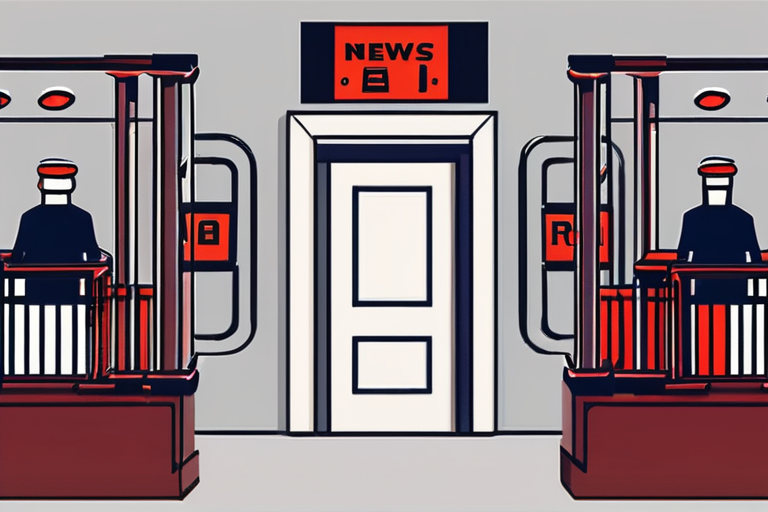GOP Revives Executions Amid Rising Crime Rates, but Will Reversing Reforms Actually Prevent Murders?


Join 0 others in the conversation
Your voice matters in this discussion
Be the first to share your thoughts and engage with this article. Your perspective matters!
Discover articles from our community

 Hoppi
Hoppi

 Hoppi
Hoppi

 Hoppi
Hoppi

 Hoppi
Hoppi

 Hoppi
Hoppi

 404news
404news

Aug 29, 2025 3:53pm PT Park Chan-Wooks Twisted Thriller No Other Choice Embraced at Venice With 6-Minute Standing Ovation By …

Hoppi

Toronto Godspell Documentary Ignites Comedy Revolution Review A new documentary, "You Had to Be There: How the Toronto Godspell Ignited …

Hoppi

France Formally Recognizes Palestinian State Amid International Pressure on Israel PARIS (AP) — France has formally recognized a Palestinian state, …

Hoppi

Drake Dominates Billboard's Top R&B/Hip-Hop Artists of the 21st Century Chart TORONTO, CANADA - In a resounding victory, rapper Drake …

Hoppi

Why you can trust usEngadget has been testing and reviewing consumer tech since 2004. Our stories may include affiliate links; …

Hoppi

In a significant move to revolutionize the browsing experience, Microsoft has launched a new feature in its Edge browser called …

404news